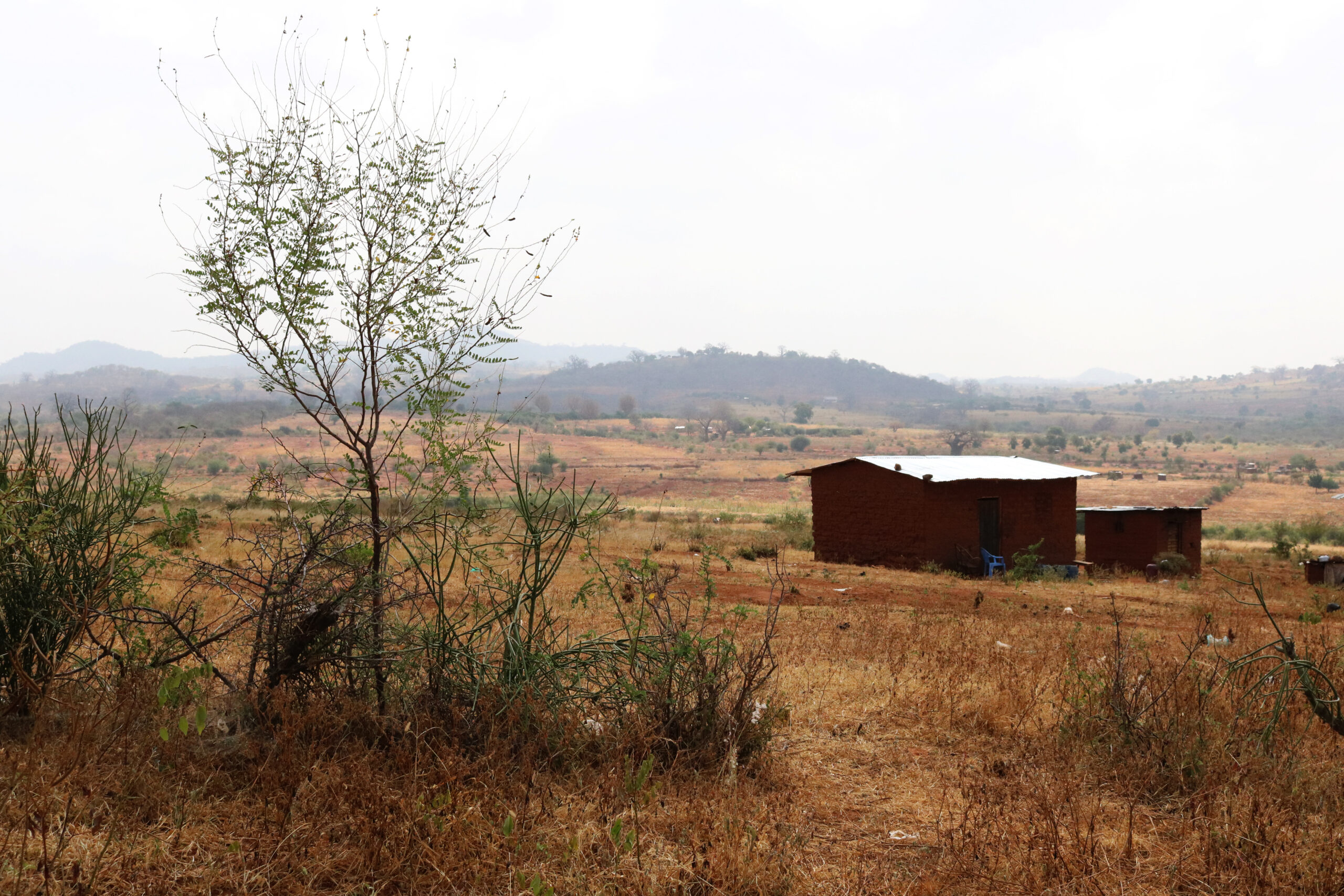
Is Transitional Justice Helpful or Harmful to Peacebuilding? A Case Study of Kenya
Lack of local ownership and elite interference in the Truth, Justice and Reconciliation Commission (TJRC) and International Criminal Court (ICC) transitional justice initiatives constrained the peacebuilding agenda because victims of electoral violence were not able to achieve justice, a critical element of reconciliation.
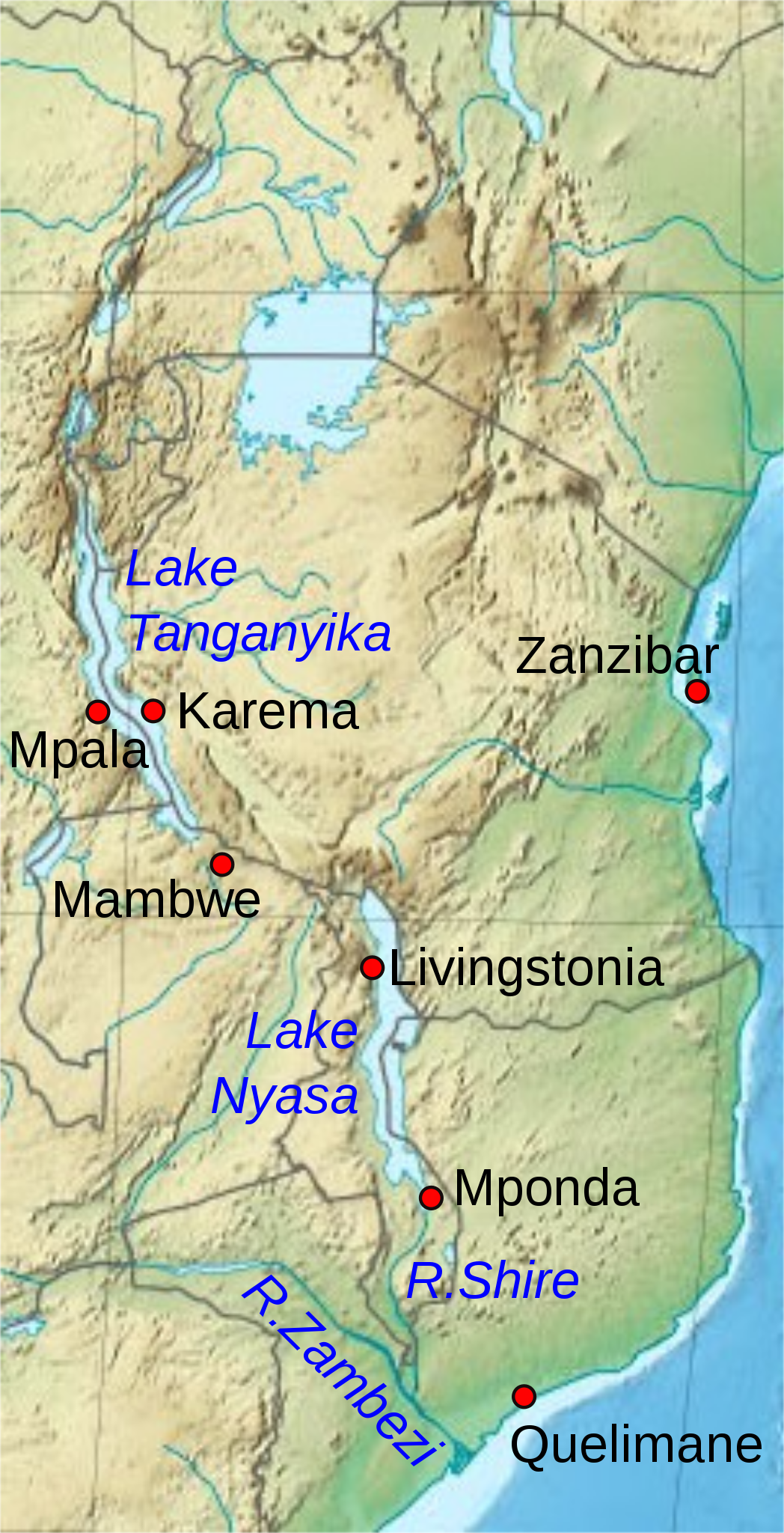
YOUTH: Why are Youth Overlooked and Underutilized in Peacebuilding Movements? Lessons from the African Great Lakes Region
Youth organizations are particularly capable of positively contributing to peace because of their varied conceptualizations of peace, which foster multidimensional approaches to peacebuilding, and their ability to integrate indigenous knowledge into their conflict resolution efforts.

BUSINESS ASSOCIATIONS: What Contributes to a Successful Business-Peace Initiative?
Business-peace initiatives can be successful: 64% of respondents reported improved social fabric in their community, and 80% identified at least one positive economic outcome of the project.
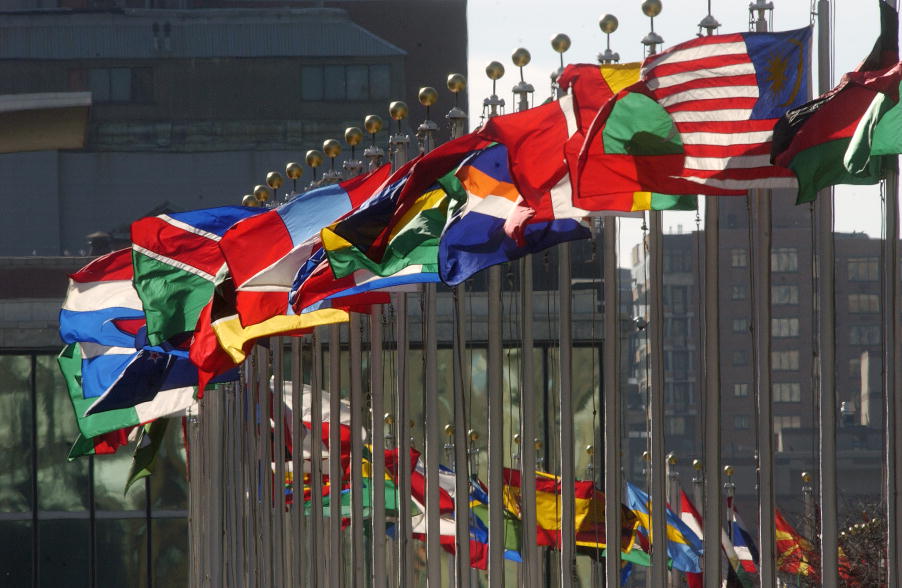
INTERNATIONAL ORGANIZATIONS: Working Together (or Not) in Peacebuilding and Civilian Crisis Response
EU, UN, and OSCE civilian missions could do much more to fully capitalize on the potential for “synergy” in their work, through more systematic exchange of capabilities like staff, mission support, equipment, funding, or political and diplomatic support.
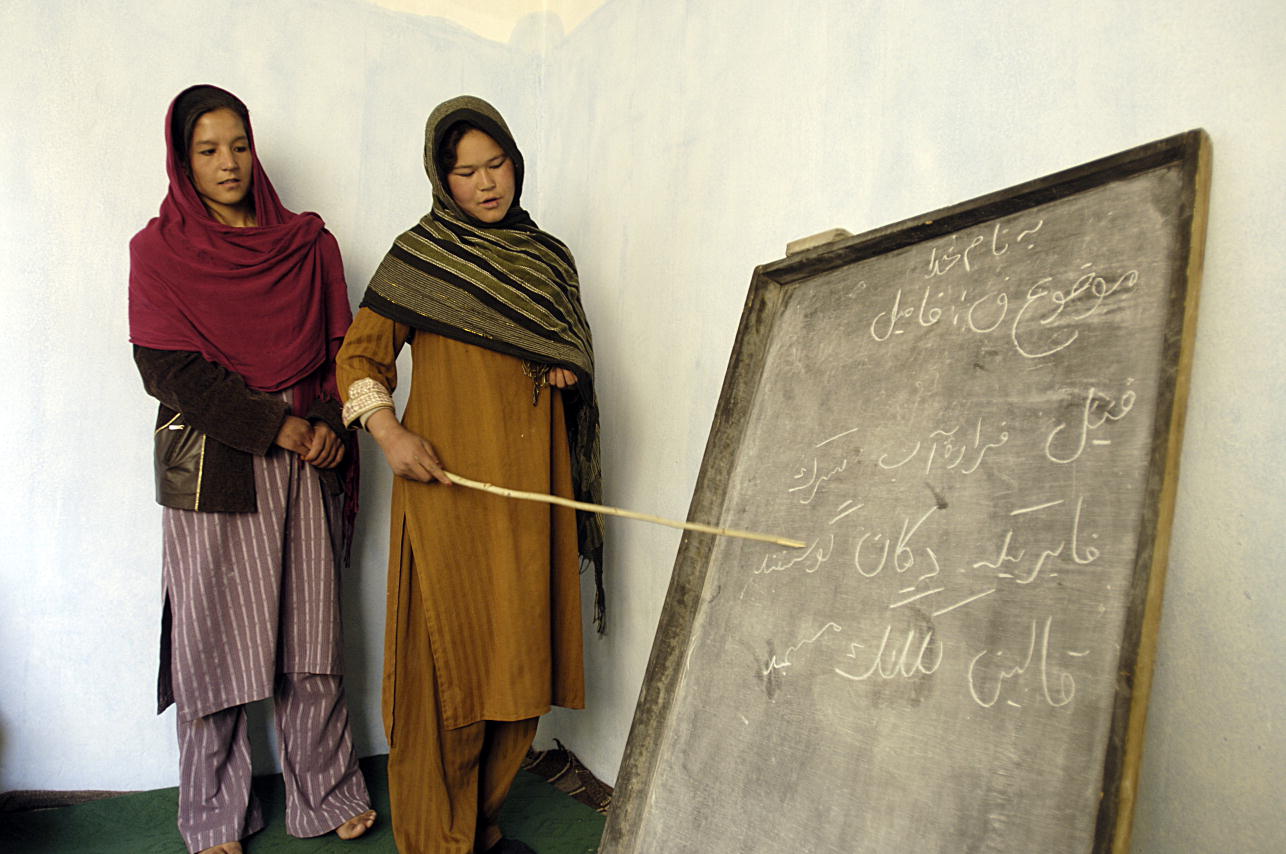
FEMALE RELIGIOUS ACTORS: Religious Knowledge as a Source of Legitimacy for Women Peacebuilders in Afghanistan
Women comprised less than a quarter of the Afghan religious peacebuilders network examined, and most of them were engaged in peacebuilding work focused on education, including teaching peace and conflict resolution from an Islamic perspective or raising awareness in their spheres of influence about what Islamic sacred texts say about peace.

DIASPORA: Local Elites Hold Negative Views of Diaspora as Peacebuilders in Bosnia and Herzegovina
In most cases, local elites hold a negative view of the role of the diaspora in peacebuilding and, at best, view diaspora engagement as limited to economic development.
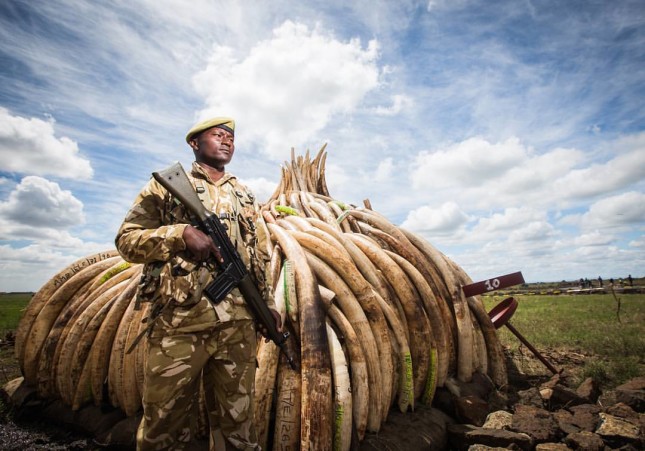
What is Environmental Peacebuilding?
Environmental peacebuilding is an emerging field that views conflict over environmental resources as an opportunity for conflicting parties to cooperate with one another and, ultimately, work towards establishing a lasting and sustainable peace.
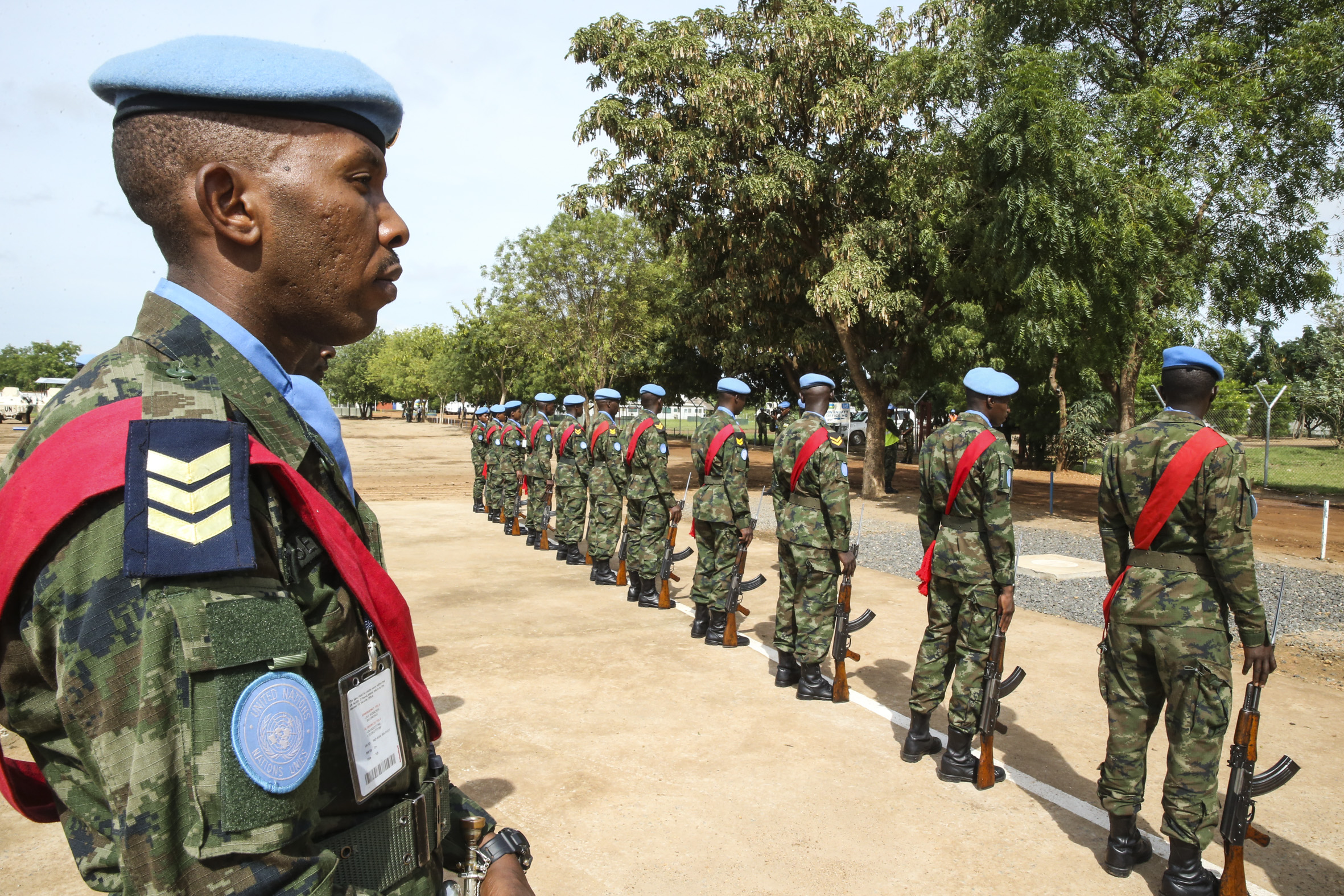
Violence, Intergroup Bias, and Dehumanization in South Sudan
There was evidence of only “mechanistic dehumanization” among Dinka respondents towards Nuer and no evidence of any form of dehumanization among Nuer respondents towards Dinka.
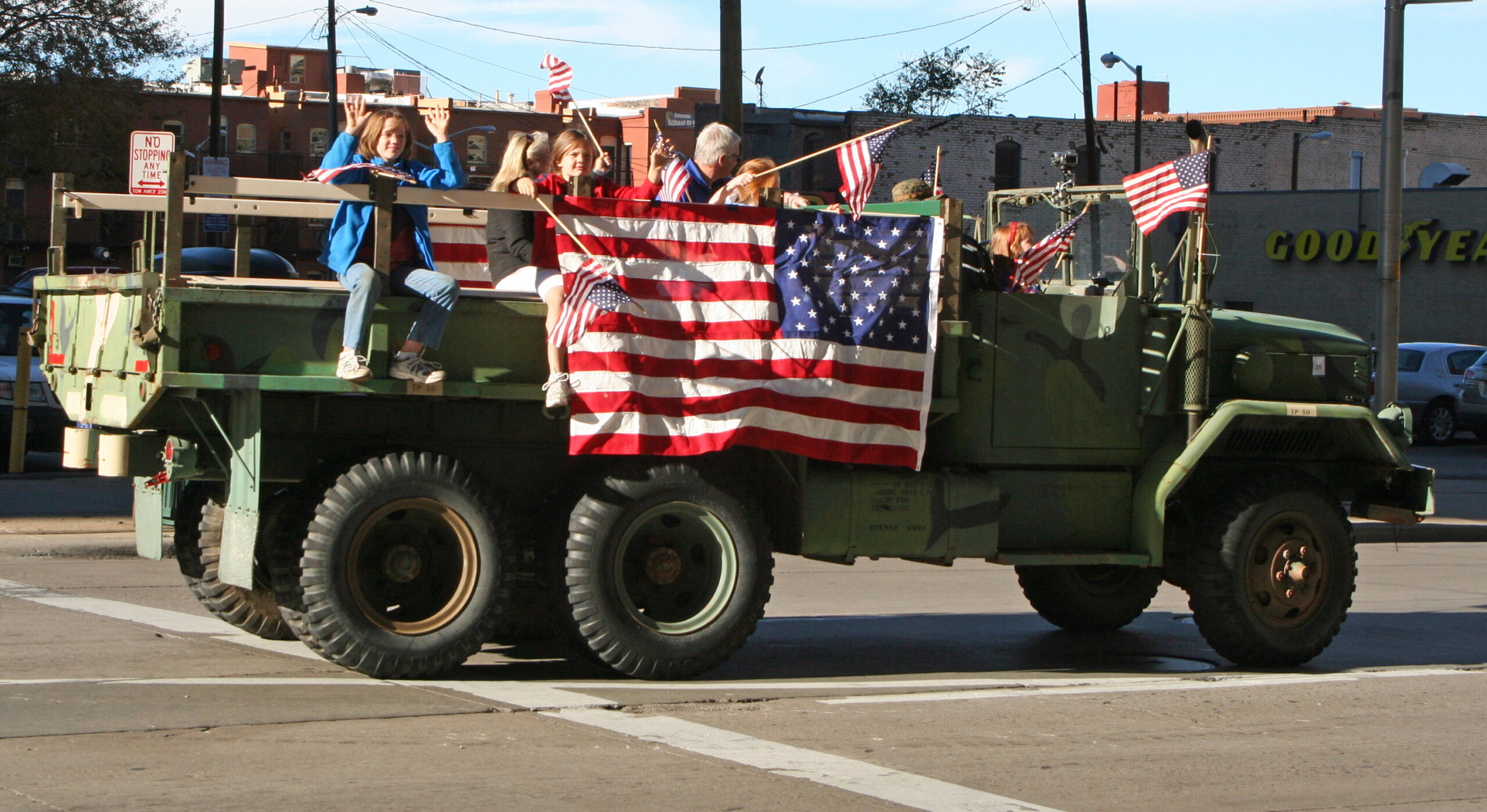
Militarism Is a Threat to Democracy
In the context of OECD countries over the time period of 2010-2016, militarism has an adverse impact on democracy over time.

Militarizing Women’s Rights in Jordan
Women’s rights activists in Jordan understood that making progress on women’s rights legislation was contingent on navigating a militarized political landscape where a protectionist narrative of women’s rights would make legislation more likely to pass.
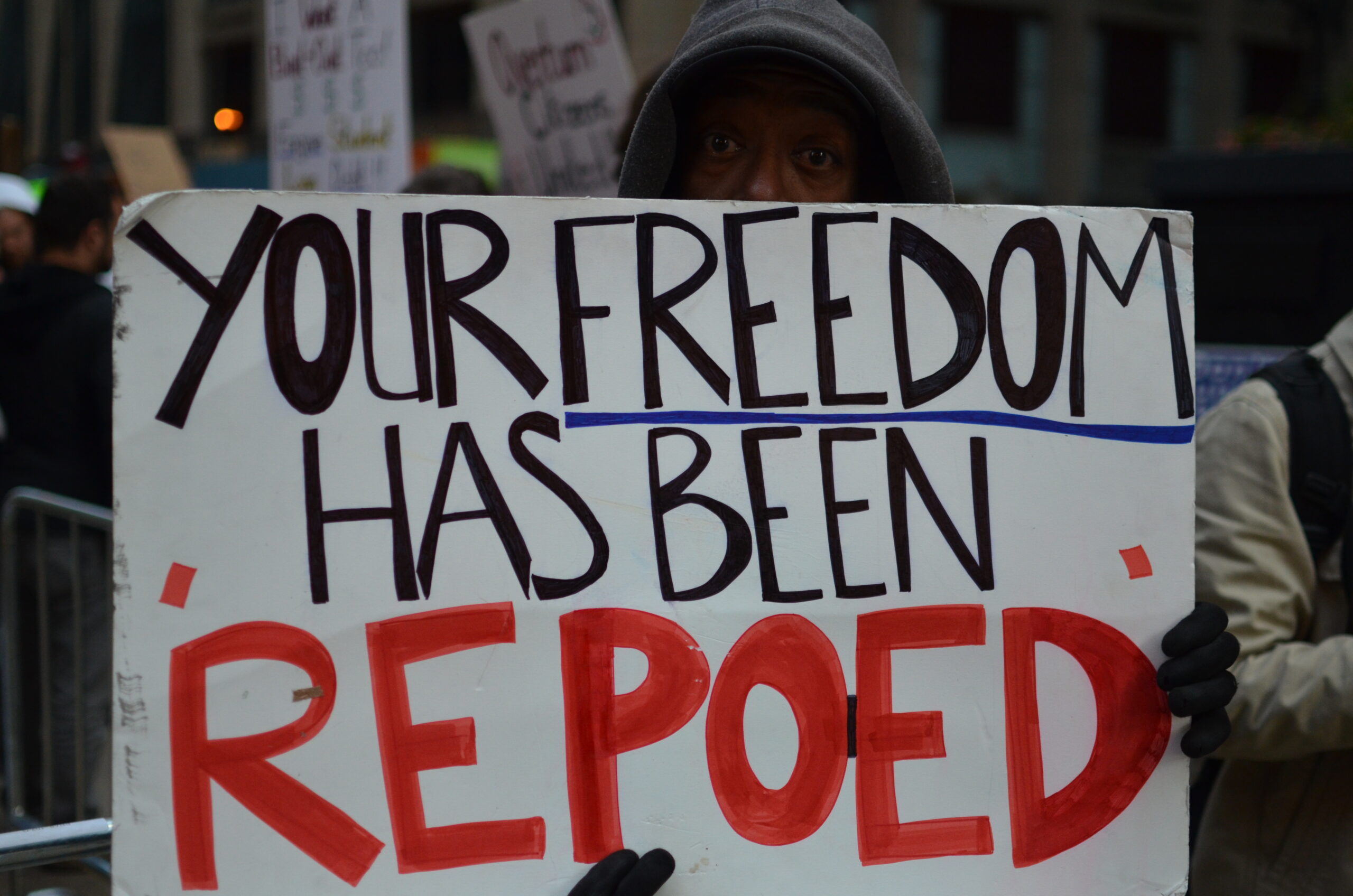
Nonviolent Resistance Movements, National Identity, and Security Force Defection
A cohesive national identity may be necessary for nonviolent movement success but does not itself fully explain why some such movements succeed while others fail.
